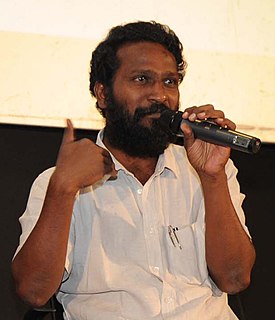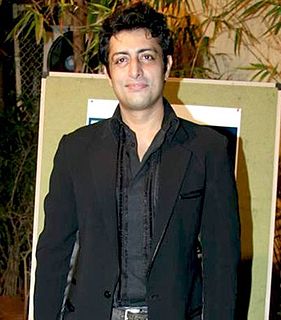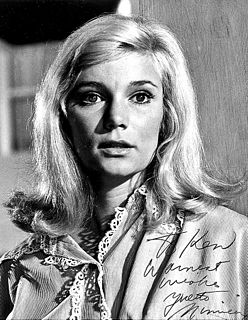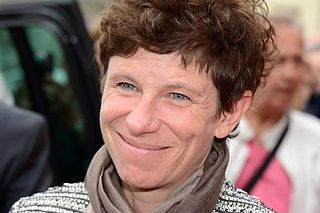A Quote by Vetrimaaran
Big-budget movies might have huge marketing budgets, but only some films have the content to stand out.
Related Quotes
I think that sometimes you don't have the opportunities for some of the most A-list-type movies, big-budget movies. But I think it's important to keep working and make the best of what's available. Because otherwise, what? Are you just going to get bitter and moan? What does my mom always say? "If you can't stand the heat, get out of the kitchen."
Considering LEGO's considerable brand equity, you might expect that the company must have a marketing budget in the billions. Not so. In fact, LEGO's marketing budget is so modest that if I recorded it here, you'd probably think it was a typo. LEGO doesn't do its own talking; it lets LEGO maniacs talk for it.
Filmmakers need to give the audience that something extra, an incentive to spend money and go to the multiplex - the ticket prices are high. Otherwise they'd just stay home, buy DVDs or download movies. But if there were only big budget movies it would be impossible for the film industry to survive. So I emphasize the importance of mid-range films. But those films need the support of theatre owners. The theatre chains have to have the vision to realize the need to support smaller films for the growth of the domestic film industry.






































